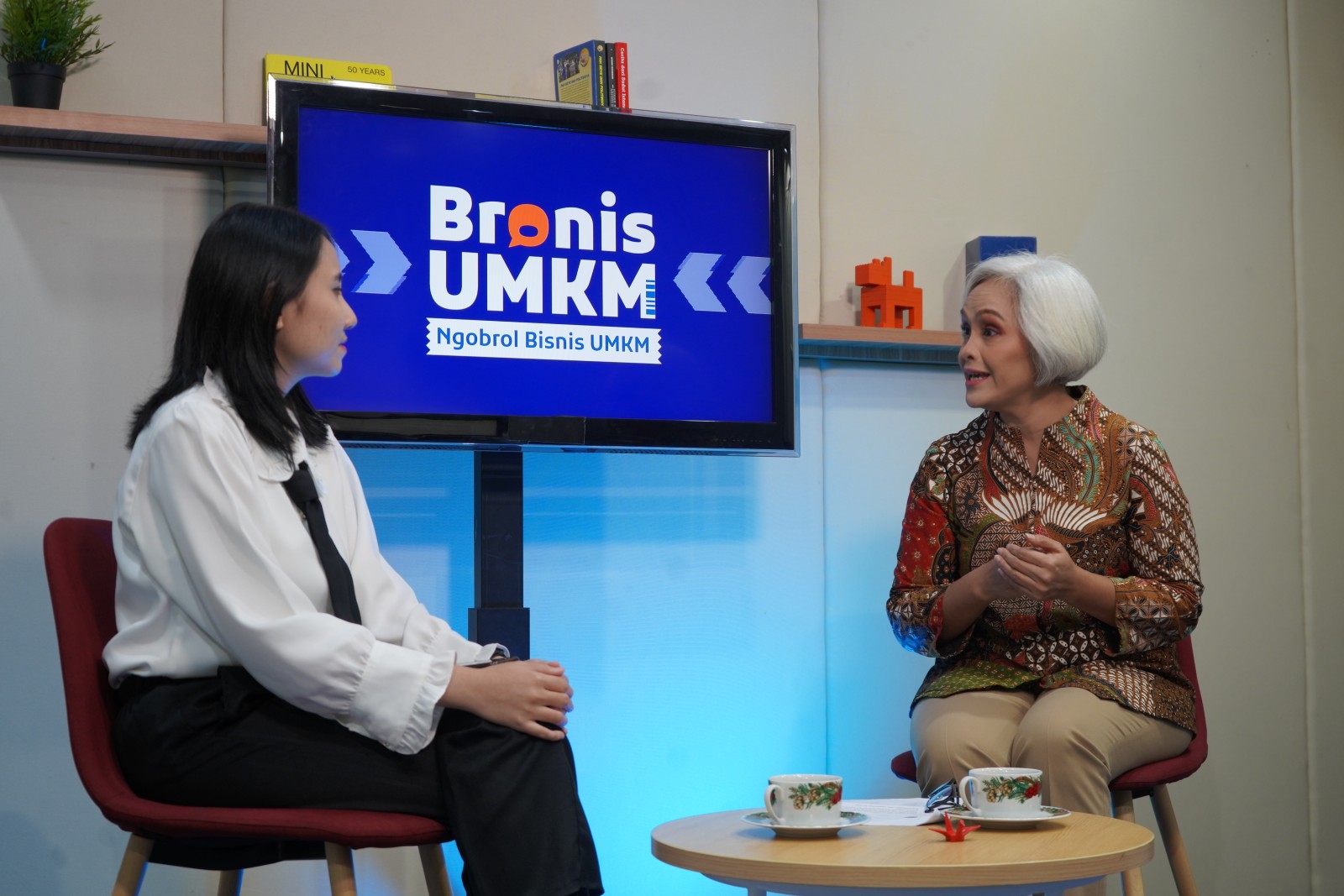
Share
Jakarta, March 31, 2023 - In export transactions, payment failure becomes a concern for business players. This risk often haunts inexperienced exporters who are not familiar with the international market. With the massive economic instability, the potential for payment risks is increasing.
Salomi Adriana, the Head of Guarantee and Insurance at Lembaga Pembiayaan Ekspor Indonesia (LPEI) or Indonesia Eximbank, revealed the trend of payment defaults in the "Bronis UMKM" event on Kompas.com's YouTube channel on Thursday (16/3). "After the Covid-19 pandemic, the business opportunities for insolvency or inability to pay debts have increased. Compared to the period from 2019 to 2021, there has been an almost twofold increase in the claims ratio, reaching an average of 45 percent globally. This is one of the factors contributing to the high risk of default in various countries, including Indonesia," she said.
Payment risks can occur due to unintentional factors, such as commercial risks due to cash flow problems, or political risks caused by wars or changes in local government policies. However, payment defaults sometimes occur due to intentional actions by buyers who want to avoid payment obligations. So, how can exporters prevent payment defaults? Salomi Adriana, or fondly known as Lorin, outlined four tips to prevent payment problems from buyers:
"Exporters must have a sales contract that includes transaction information, product specifications, and the rights and obligations of both the exporter and the buyer. The details of the sales contract serve as a legal safety net for exporters and can be the primary reference in case of transaction problems," Lorin said. To be more secure, exporters also need to ensure the completeness of other supporting export documents such as purchase orders, invoices, bills of lading, and packing lists. However, exporters must commit to delivering goods that comply with the agreement.
Lorin recommends several secure payment schemes, such as cash before shipment, document against payment, document against acceptance, and letter of credit. "The selection of a payment scheme requires careful tactics because it can limit potential fraud by prospective buyers," Lorin said. Cash before shipment means that the buyer pays before the goods are shipped, document against payment means that the buyer receives export documents after directly paying through a bank intermediary, document against acceptance means that the buyer receives export documents after paying according to the agreed term through a bank intermediary, and letter of credit allows the buyer to receive documents directly because the payment will be made by the buyer's bank.
In some cases, exporters cannot avoid payment schemes where buyers pay after receiving the goods (open account). In such situations, exporters must profile the buyer or identify the prospective buyer. This activity includes gathering basic profile information, experience with other exporters, and financial conditions. According to Lorin, buyer profiling is not always done independently. Exporters can seek assistance from companies or insurance agencies, including LPEI, to identify the buyer. This profile then becomes the basis for the decision to proceed or cancel the transaction.
Export insurance is an option for exporters who want more certainty. This is especially important for users of open account payment schemes that have higher risks. As a Special Mission Vehicle of the Ministry of Finance, LPEI provides insurance services to business players as a tangible form of support for national exports. One of the services is Trade Credit Insurance, which offers protection and compensation for payment failures due to commercial and political risks. "With risk-sharing principles, Trade Credit Insurance by LPEI provides compensation when the buyer fails to pay after the 120-day due date, with compensation coverage of up to 90 percent of the total loss value. This insurance serves as LPEI's support for business players to be more confident in exporting. Now, business players can face payment risks with more peace of mind when introducing their products to the global market," Lorin concluded.
Media Contact
Chesna F. Anwar Corporate Secretary - Lembaga Pembiayaan Ekspor Indonesia
Ph.: (021) 39503600